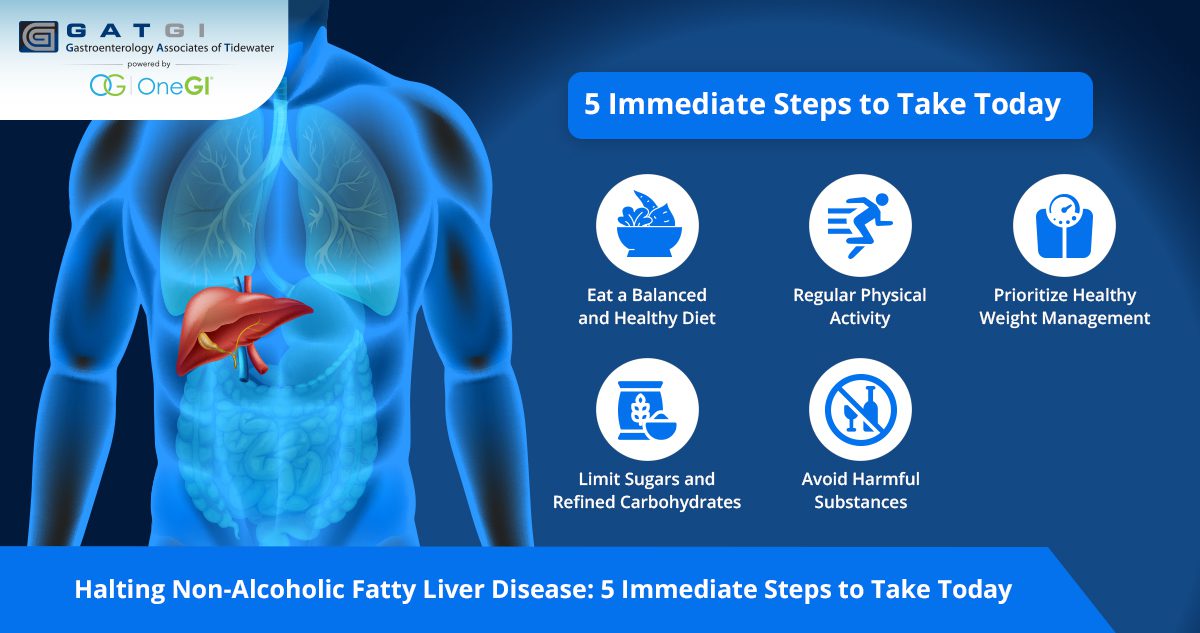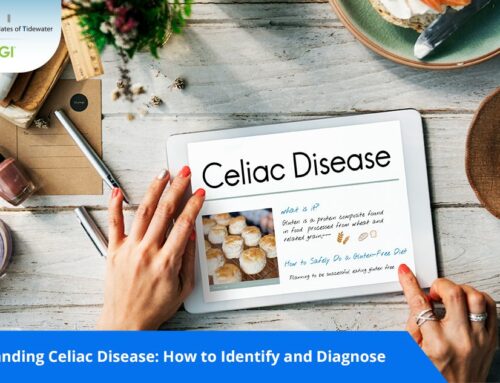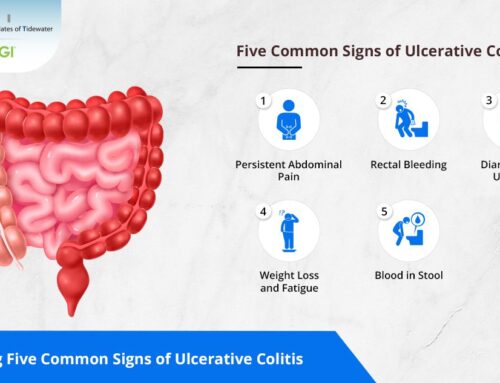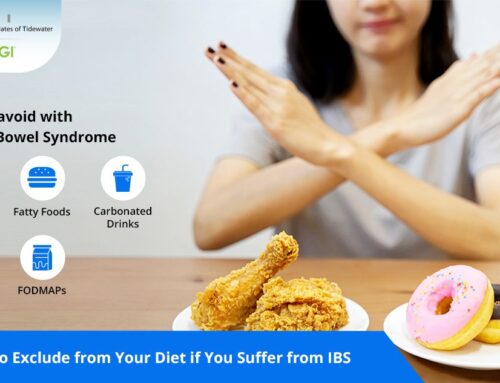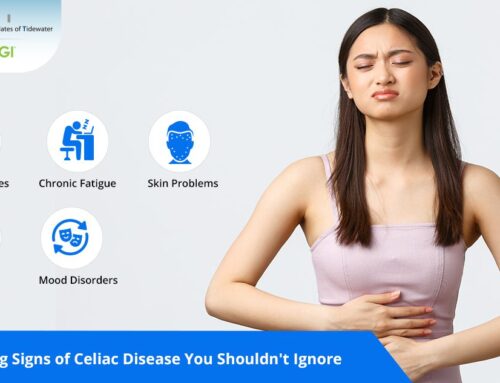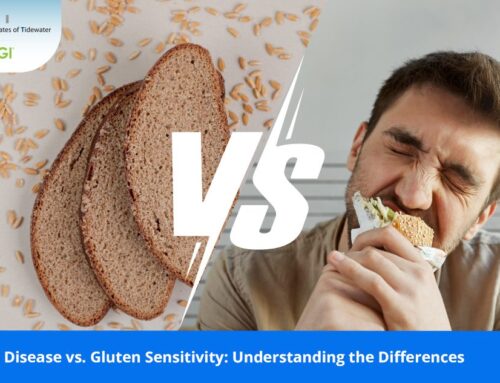Non-Alcoholic Fatty Liver Disease (NAFLD) is a growing health concern in modern societies. It occurs when there is an excess of fat in the liver, primarily among people who drink little to no alcohol. But surprisingly it’s often a silent condition with no outward symptoms until it progresses to Non-Alcoholic Steatohepatitis (NASH), causing liver inflammation and potentially, irreversible scarring. NASH can progress to liver cancer or liver failure, acting as a silent deadly disease for millions unaware of the danger.
Fortunately, NAFLD treatment options primarily focus on lifestyle modifications that can significantly reduce liver fat, improve overall health, and halt the disease’s progression.
The Growing Awareness of NAFLD
The prevalence of NAFLD has been on a steady rise, closely mirroring the global increase in obesity and Type 2 diabetes. This situation is not only a major public health concern but also underscores the urgency for prompt lifestyle changes. Ignoring NAFLD poses a risk because neglecting it can lead to serious and lasting health issues.
Both NAFLD and NASH are associated with factors such as:
- Genetic predisposition.
- Being overweight or obese.
- Insulin resistance, occurring when cells fail to absorb sugar due to insulin.
- Type 2 diabetes, also known as elevated blood sugar or hyperglycemia.
- Elevated blood fat levels, particularly triglycerides.
These health issues can lead to a fatty liver. Yet, NAFLD can develop in individuals without any known risk factors.
Proactive Steps for NAFLD Management
Key Lifestyle Adjustments to Combat NAFLD
According to the National Institutes of Health, losing 3% to 5% of your body weight can significantly reduce liver fat, which is an important first step in treating NAFLD. For reducing liver inflammation and fibrosis, you might need to lose about 7% to 10% of your body weight.
Addressing NAFLD effectively involves a multifaceted approach, with lifestyle modifications being paramount. Dietary changes, regular exercise, and weight loss are key non-alcoholic fatty liver disease treatments, aiming to reduce liver fat and inflammation.
Here are five key steps you can take right now to halt NAFLD in its tracks:
Eat a Balanced and Healthy Diet
Start the battle against NAFLD in your kitchen. Adopting a balanced diet doesn’t have to be complicated:
- Choose whole foods over processed ones
- Incorporate plenty of fruits and vegetables
- Include lean proteins in your diet
- Minimize sugar intake
- Reduce salt consumption
- Avoid trans fats
A diet rich in fiber can help control weight and improve heart health, which are both instrumental in NAFLD management.
Regular Physical Activity
Exercise is a powerful antidote to NAFLD. Regular physical activity, even moderate in intensity, can not only reduce liver fat but also prevent its re-accumulation. Aim for at least 30 minutes of moderate exercise most days of the week. You don’t need a gym or complex equipment—a brisk walk can do wonders for your liver health.
Prioritize Healthy Weight Management
Healthy weight management is key, and losing just 3-5% of your total weight can significantly reduce liver fat. Set realistic goals and prioritize habits that promote long-term success, such as mindful eating and consistent sleep patterns. Consult a healthcare professional to work on a personalized weight management plan tailored to your needs.
Limit Sugars and Refined Carbohydrates
Excessive sugar intake has been linked to the development and progression of NAFLD. Cutting down on sugary beverages and snacks, as well as refining your carbohydrate choices, can lead to improvements in liver health. Choose whole grains and complex carbohydrates over their processed counterparts to help regulate blood sugar levels and reduce stress on your liver.
Avoid Harmful Substances
Alcohol can exacerbate liver damage for those with NAFLD, so it’s best to avoid it altogether. In addition, certain medications and supplements can be hard on the liver, so always consult your physician before starting a new regimen, especially if you have liver concerns. Be your liver’s gatekeeper and be vigilant about what goes into your body.
These steps are foundational to NAFLD management, but it’s important to recognize that each person’s health journey is unique. Working closely with gastroenterologist can provide tailored support and ensure the best outcomes.
Taking control of your liver health is an empowering step towards a healthier life. For gastrointestinal disease treatment including NAFLD, schedule an appointment with a board-certified gastroenterologist in Virginia Beach or Chesapeake. Call Gastroenterology Associates of Tidewater at (757) 547-0798.

